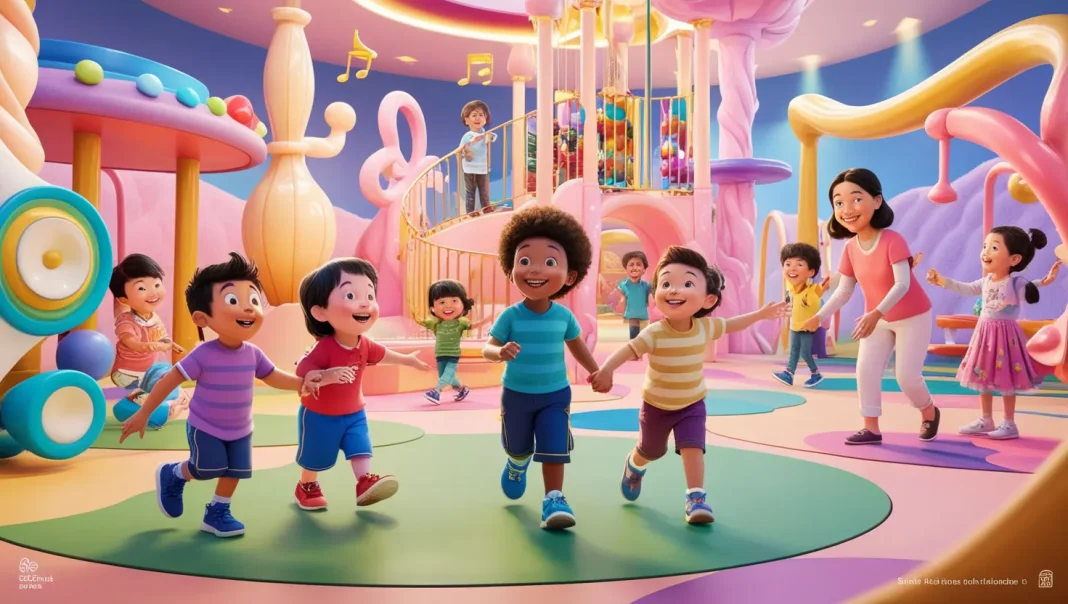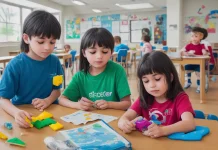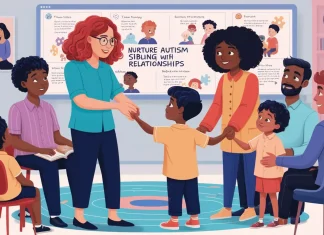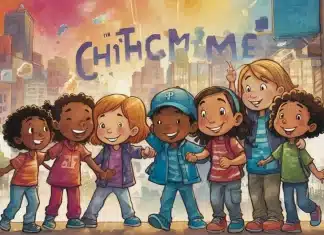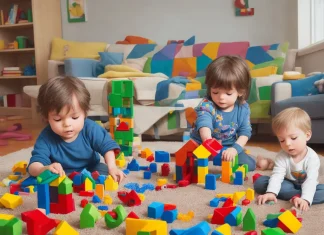Consulting for Creating Inclusive Recreational Activities for Autistic Children
When we talk about autism, we often focus on therapies or educational plans. But what about fun? Recreational activities play a huge role in the development of children, especially for those on the autism spectrum. They offer opportunities for learning, socializing, and just being kids. However, creating such activities requires a unique approach, which is where consulting for creating inclusive recreational activities for autistic children comes in.
Introduction to Autism and Recreation Needs
Creating recreational activities for autistic children isn’t about just offering toys or setting up a park. It’s about tailoring experiences that cater to their specific needs and challenges. Whether it’s sensory sensitivities or difficulties in socializing, each child has a different experience with autism.
Understanding Autism Spectrum Disorder (ASD)
Autism Spectrum Disorder (ASD) is a complex developmental condition that affects how a person thinks, interacts, and experiences the world. Each child with autism has a unique combination of strengths and challenges. Some may have advanced intellectual abilities, while others may need assistance with basic tasks. The spectrum is broad, which is why inclusive recreational activities need to be versatile and adaptable.
The Importance of Recreational Activities for Autistic Children
Recreational activities are not just about entertainment. For autistic children, they are crucial for building skills, boosting self-esteem, and improving social interactions. A well-designed recreation program helps children develop physical, emotional, and social skills in a safe, supportive, and stimulating environment.
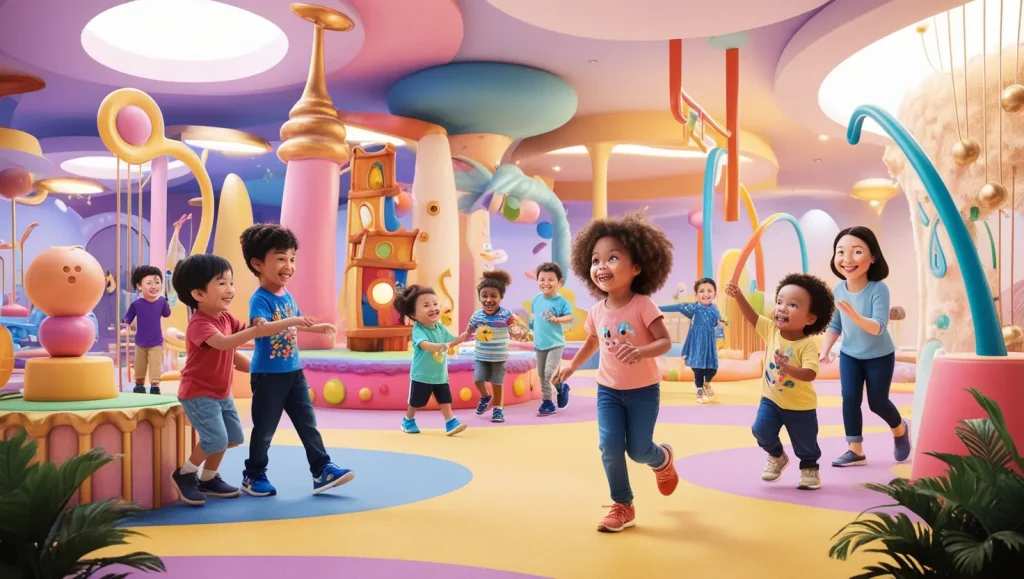
The Role of Consulting in Creating Inclusive Programs
You might wonder why we need a consultant for something as seemingly simple as play. Here’s the thing: creating inclusive recreational activities for children with autism requires professional guidance. Consultants can bring a wealth of knowledge and experience, helping design activities that are engaging and tailored to children’s unique needs.
What Is Consulting for Autism-Specific Recreation?
Consulting for autism-specific recreation involves working with experts who understand the intricacies of autism. These professionals help design activities that are sensory-friendly, socially engaging, and developmentally appropriate for children with ASD.
Why Professional Guidance Is Essential
Every child is different, and creating a one-size-fits-all program can lead to frustration or disengagement. Professional consultants can assess the specific needs of each child, ensuring that activities are both enjoyable and beneficial. They consider factors like sensory sensitivities, communication barriers, and social skills development.
Key Elements to Consider When Designing Activities
Designing inclusive activities involves more than just picking a fun game. It’s about understanding the needs of autistic children and creating experiences that offer positive, rewarding outcomes. Let’s take a closer look at some key considerations.
Sensory Sensitivities and Adaptations
Many autistic children experience heightened or diminished sensory sensitivity. Some may be overwhelmed by bright lights, loud noises, or certain textures. When designing activities, consultants ensure that sensory-friendly options are available. This might include quiet areas, noise-canceling headphones, or sensory-friendly materials.
Structured vs. Unstructured Activities
Autistic children often thrive in structured environments. However, unstructured play can also be valuable for fostering creativity and independence. The key is balance. Activities should be predictable enough to provide comfort while allowing for moments of exploration and freedom.
Social Skills Development through Recreation
Recreation isn’t just about having fun—it’s also an opportunity for socialization. For many children with autism, learning social skills can be a challenge. Through group activities, autistic children can practice communication, sharing, and turn-taking in a safe and controlled environment.
Encouraging Social Interaction in Group Settings
Group activities are perfect for promoting interaction. Consultants can help design games that encourage collaboration, ensuring that all children are involved and engaged. This might include team-based sports, cooperative games, or shared art projects.
Individual vs. Group Play: Balancing the Needs
While group play is essential for social development, some children may feel more comfortable with individual play. Consultants work to create spaces that support both group and solitary activities, giving children the option to engage as they feel ready.
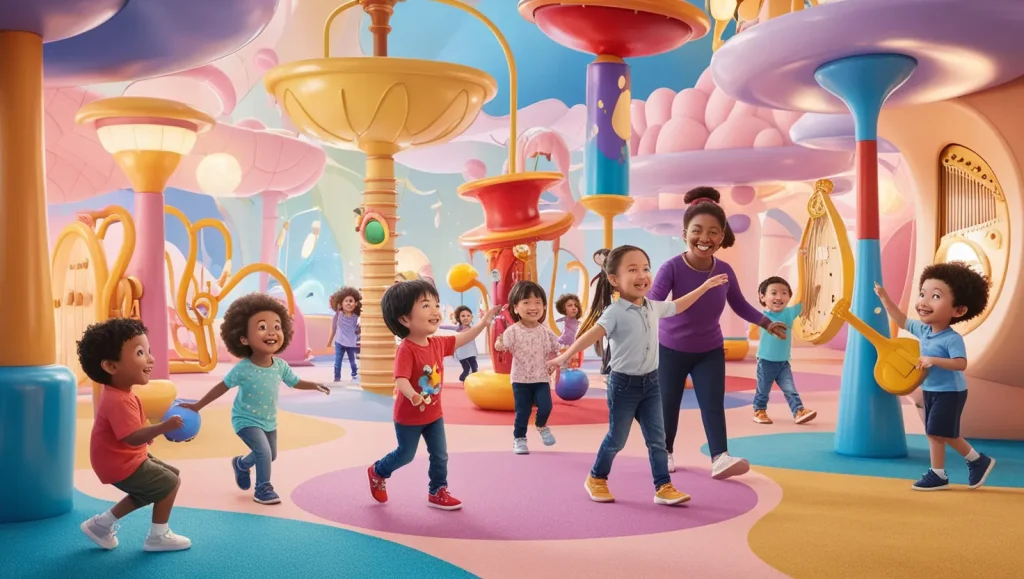
Collaborating with Families and Specialists
Creating inclusive recreational activities is a team effort. Collaboration with families and specialists ensures that the activities are in line with each child’s specific needs.
Engaging Parents in the Planning Process
Parents know their children better than anyone. Consultants work closely with parents to gain insight into their child’s preferences, sensitivities, and challenges. This information is invaluable when designing a program that will truly work for the child.
Working with Therapists and Educators
In addition to parents, collaborating with therapists and educators provides a more comprehensive view of the child’s developmental needs. Occupational therapists, speech therapists, and special education teachers can offer essential input that will help make the activities more inclusive and beneficial.
Creating a Safe and Supportive Environment
Safety and support are essential when designing recreational activities for autistic children. A supportive environment helps reduce stress and increases the likelihood that the child will participate and enjoy the activity.
Safety Measures in Recreational Spaces
It’s vital to ensure that the recreational space is safe and secure. Consultants help ensure that the area is free from hazards, has appropriate supervision, and includes any necessary accommodations, like accessible equipment or quiet zones.
Reducing Stress and Anxiety during Activities
Children with autism may experience anxiety or stress in unfamiliar environments. Consultants can recommend ways to reduce anxiety, such as using calming music, providing breaks, or creating a predictable routine for the activities.
Examples of Inclusive Recreational Activities
Now let’s talk about the fun stuff—what types of activities can be designed for autistic children?
Outdoor Activities
Outdoor play is a great way for children to engage with nature and get some exercise. Sensory gardens, nature walks, or gentle hiking are excellent options that can be adapted to suit a variety of needs.
Art and Music Therapy
Art and music are both powerful tools for self-expression, and they can be especially effective for children with autism. These activities provide an outlet for creativity and offer opportunities for social interaction.
Art as a Form of Expression
Art allows children to express themselves in ways words may not capture. Consultants can help create art stations with various mediums, from paints to clay, that are accessible and engaging for children of all abilities.
Music as a Tool for Engagement
Music is universally engaging and can help children develop rhythm, coordination, and communication skills. Activities like music therapy or simple group sing-alongs offer valuable social and emotional benefits.
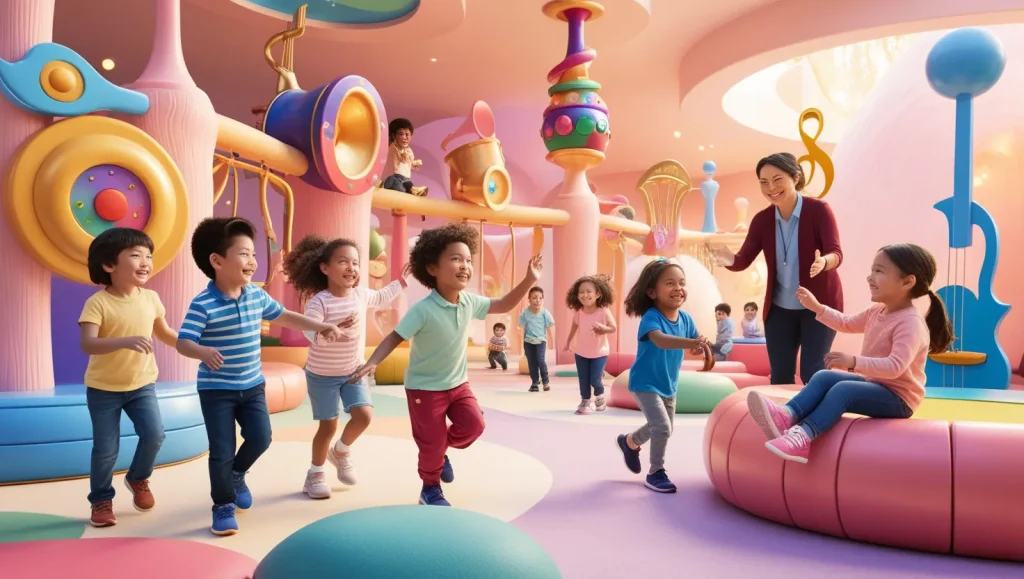
Overcoming Common Challenges in Inclusive Recreation
Inclusive recreation isn’t without its challenges. Whether it’s managing behavior or addressing sensory overload, there are obstacles to overcome. However, with the right guidance, these challenges can be minimized.
Addressing Behavioral Issues in Group Settings
Some children may have behavioral challenges, especially in group settings. Consultants can help train staff to manage behaviors effectively, creating an environment that’s both safe and welcoming.
Managing Sensory Overload during Activities
Sensory overload can quickly derail a child’s participation in activities. Consultants can recommend strategies for preventing overload, such as offering sensory breaks or providing calming spaces for children to retreat to if they become overwhelmed.
Benefits of Consulting for Creating Inclusive Programs
Consulting for inclusive recreational activities brings numerous benefits, not just to children but to their families and the community at large.
Long-term Impact on Autistic Children’s Development
When children have access to well-designed recreational activities, they gain valuable life skills that can last a lifetime. These programs promote independence, social skills, and emotional regulation.
Strengthening the Community and Family Connections
By creating inclusive recreational spaces, communities become more accepting and supportive. Families also benefit from having access to programs that promote their children’s development and well-being.
Conclusion
Creating inclusive recreational activities for autistic children is a complex, but incredibly rewarding task. Consulting professionals in this area ensures that the activities are not only fun but also developmentally beneficial. By considering sensory needs, social skills development, and family collaboration, these programs can help children thrive and build connections in a supportive and engaging environment.
Frequently Asked Questions (FAQs)
Q1: Why is consulting important when creating recreational activities for autistic children? * Consulting ensures that the activities are tailored to meet the specific needs of autistic children, making them more effective and engaging.
Q2: What are some common challenges in creating inclusive activities? * Challenges include managing sensory overload, addressing behavioral issues, and ensuring that activities are appropriate for children with different needs.
Q3: How can parents get involved in the planning process? * Parents play a key role by providing insight into their child’s preferences, challenges, and strengths, which helps consultants design more effective programs.
Q4: What types of activities are best for autistic children? * Outdoor play, art therapy, and music therapy are great examples of activities that can be adapted to suit autistic children’s needs.
Q5: How do inclusive activities benefit autistic children in the long run? * Inclusive activities help children develop social, emotional, and physical skills, building confidence and fostering independence.

